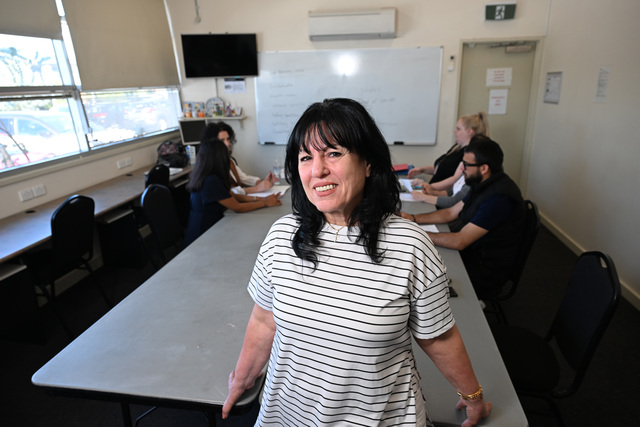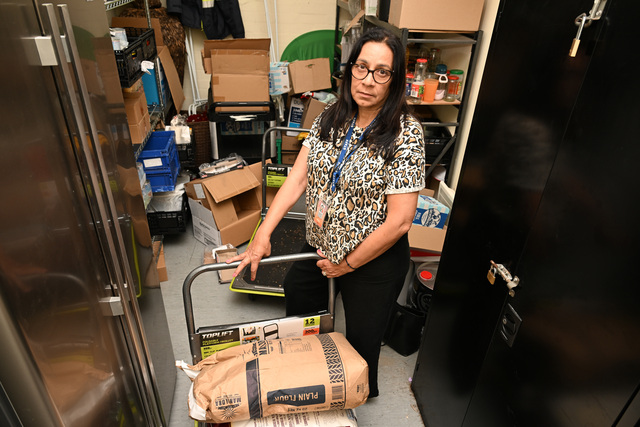Butchers in the northern suburbs fear a downturn in sales following a UN health body’s announcement that red meat is “probably carcinogenic”.
The owner of family-run Vinces Meat Supply, Damian Scarinci, says he’s sick of the meat industry being negatively targeted.
“We take hits every day. If it’s not this its [beef] price increases,” the Lalor-based butcher said. “There are more important things people should be aware of. Who eats one kilogram of meat each day, or 10 frankfurts? They should pick on someone else.”
Last week, the World Health Organisation (WHO) declared bacon, sausages and ham among the most carcinogenic substances, along with cigarettes, alcohol, asbestos and arsenic.
RELATED: PROCESSED/RED MEAT WARNING IN PERSPECTIVE
The WHO’s International Agency for Research on Cancer (IARC) classified the consumption of red meat as “probably” carcinogenic to humans and linked frequent eating of red meat with colorectal, pancreatic and prostate cancers.
Experts found that each 50-gram portion of processed meat eaten daily increases the risk of colorectal cancer by 18 per cent.
For red meat – such as beef, pork or lamb – the risk of cancer increases by 17 per cent for every 100-gram portion eaten daily.
The IARC program’s head doctor, Kurt Straif, said the risk of developing bowel cancer remained small, but it increased according to the amount of meat consumed.
“In view of the large number of people who consume processed meat, the global impact on cancer incidence is of public health importance,” he said.
Master Cut Butcher owner Jordan Poli, who has worked in the meat industry for almost 40 years and is now based in Greensborough Plaza, says he won’t change his diet of five portions of red meat each week but worries others will be put off.
“I believe that initially it will affect business because it’s fresh in people’s minds. But I think over time people will forget about it,” he said.
WHO recommended limiting red and processed meats in diets – not cutting them out altogether.

















